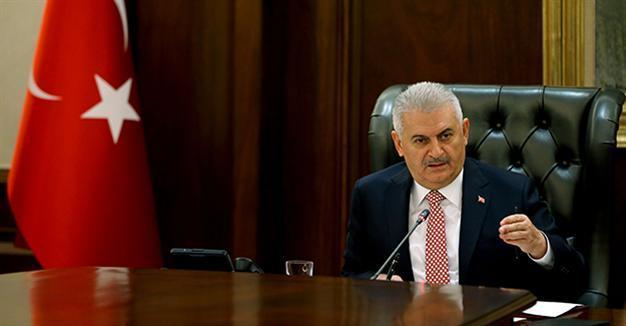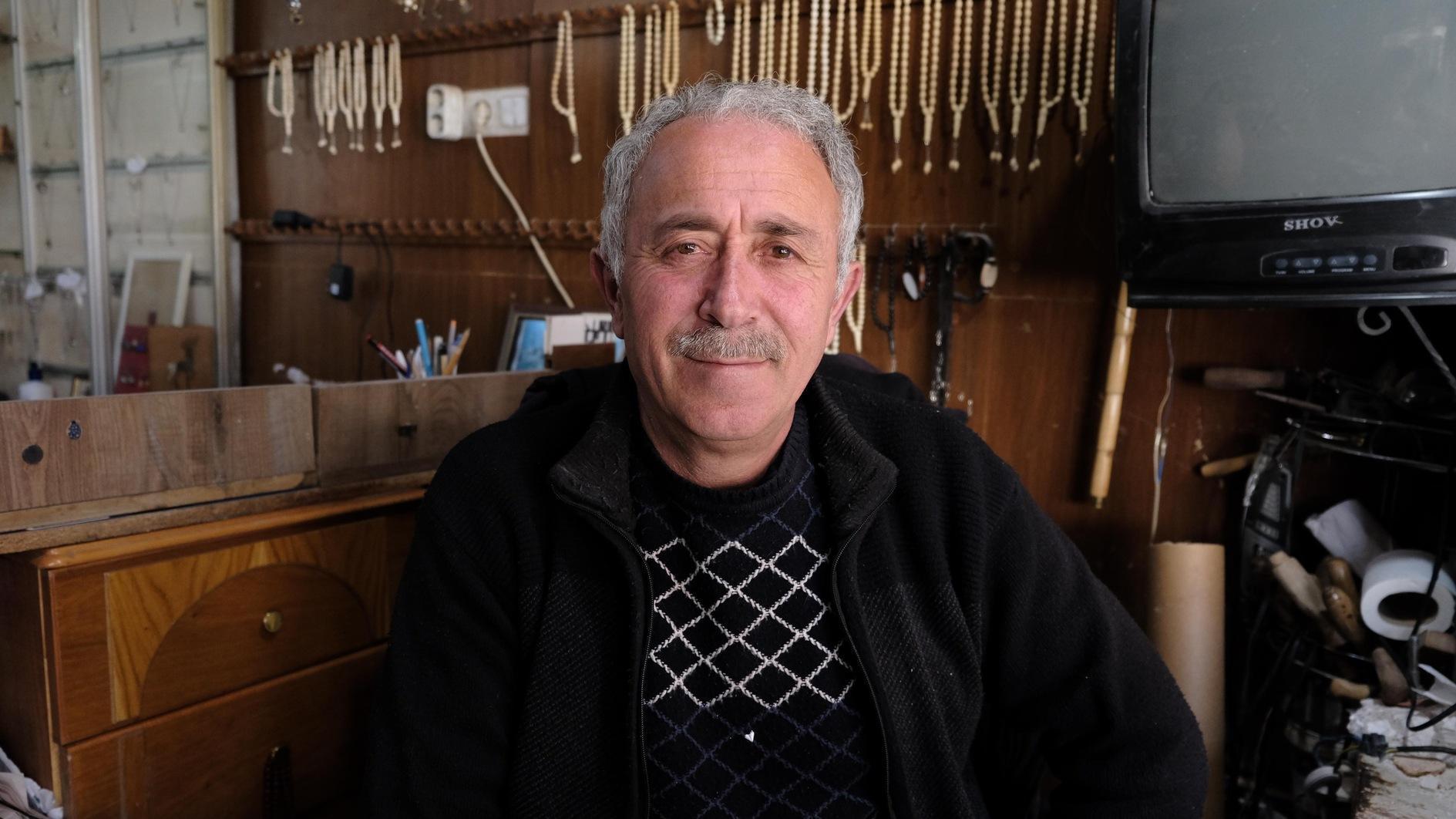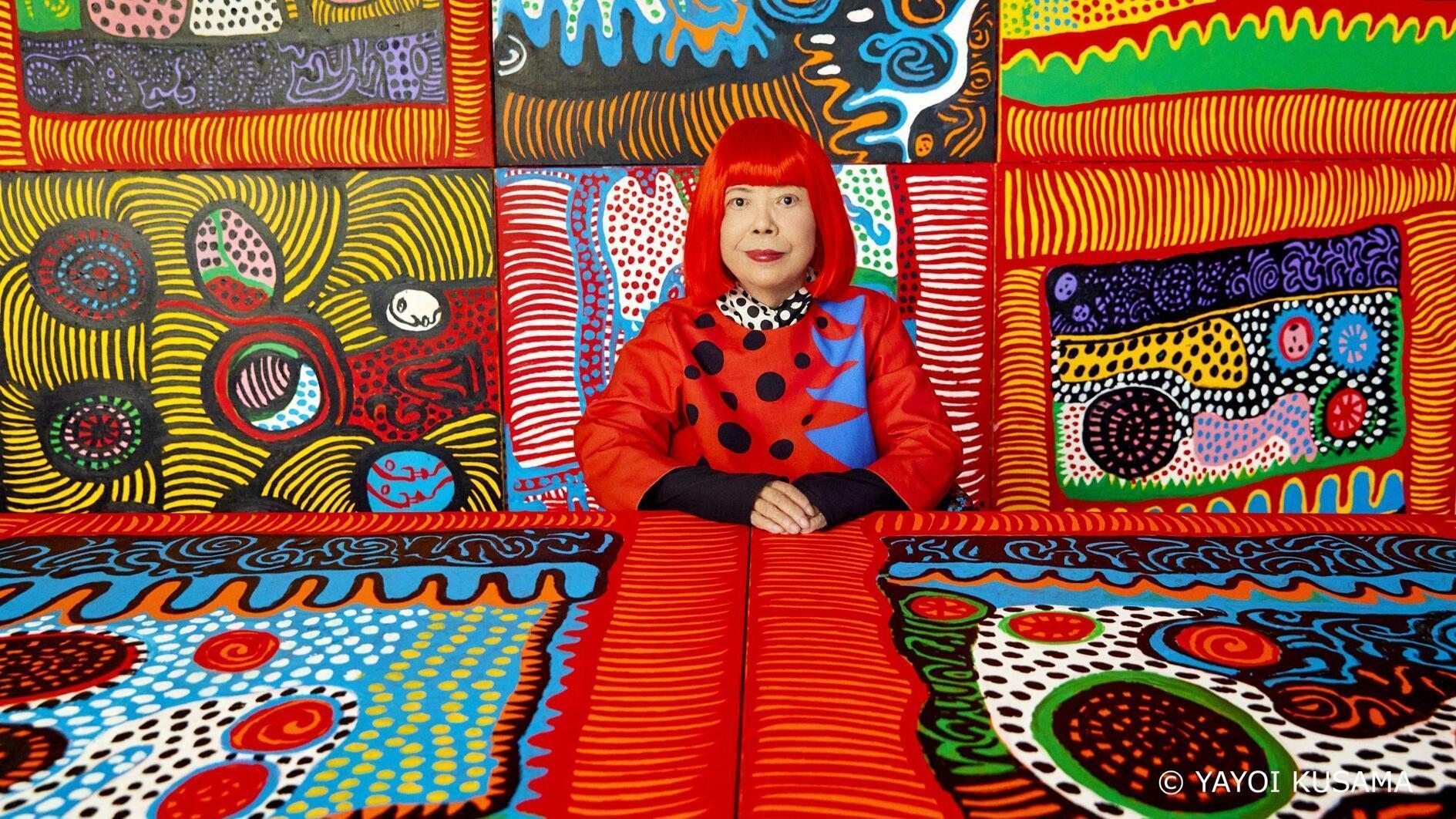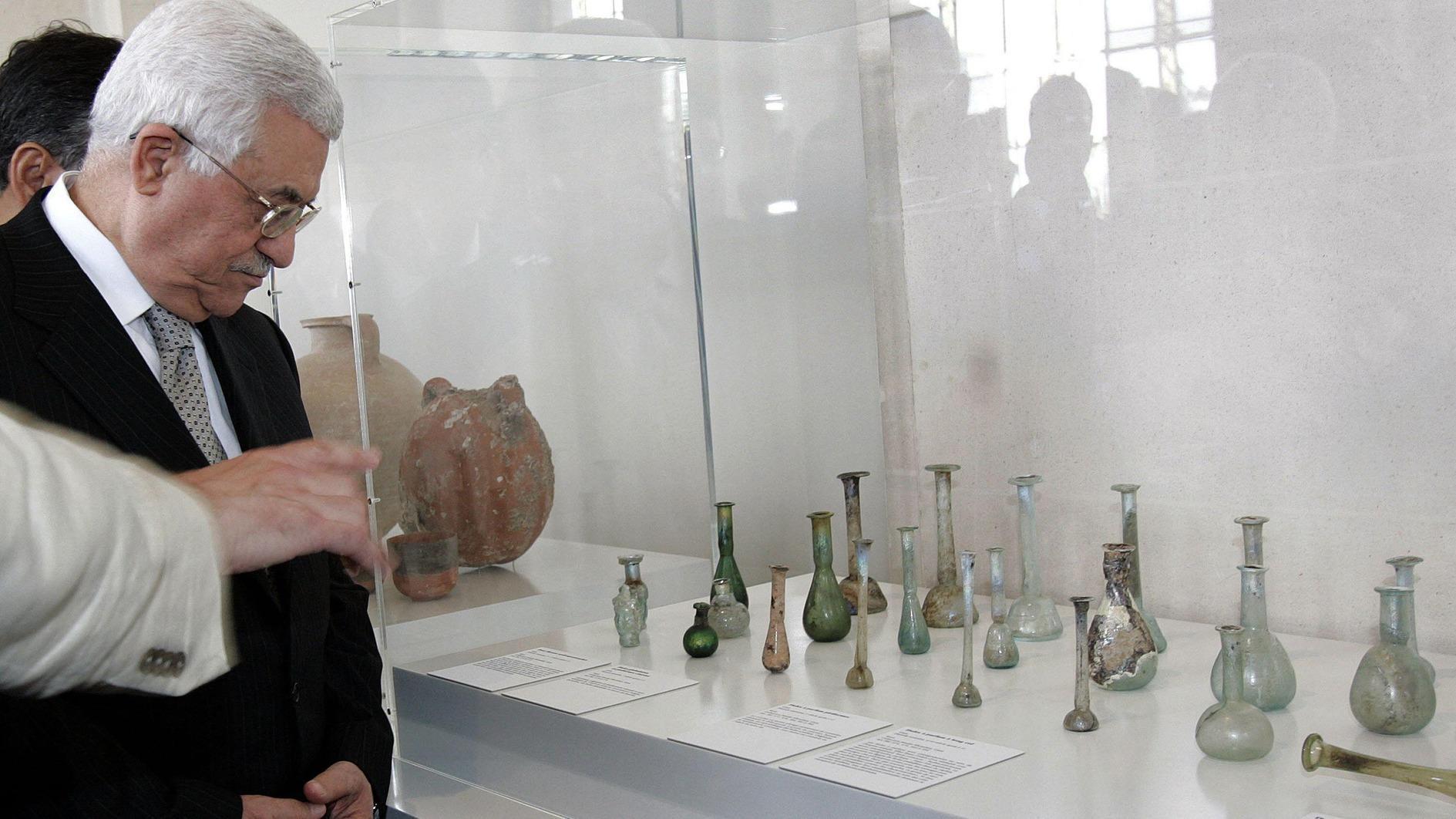No re-launch of PKK peace process but normalization with Syria, Egypt on agenda: Turkish PM
ANKARA

AA photo
Prime Minister Binali Yıldırım has dismissed expectations for the re-launch of a peace process to resolve Turkey’s Kurdish question, but he has signaled moves to put ties with Syria and Egypt back on track.“The government will not make concessions on maintaining internal security. There is no settlement. The settlement is in the hands of citizens. They [the outlawed Kurdistan Workers’ Party (PKK)] missed that chance. We will save the Kurdish people from terror. The terror organization has no Kurdish problem; but the Kurdish people have a PKK problem,” Yıldırım said, speaking at a meeting to mark the first 100 days of his government on Sept. 2.
The struggle against terror has been continuing with a different understanding since July 24, 2015, he also said, vowing to push ahead with security operations “until the end of PKK attacks against citizens.”
The prime minister said he would visit the east and southeast province of Turkey over the weekend in order to restart an economic development program amounting to around $1.4 billion. The government will conclude building of new housings in one year, he added.
He stated that the PKK had caused damage amounting to 10 billion Turkish Liras to civilians and the security forces, but pledged that the government aimed to “eliminate this damage within three years.”
Security forces have seized 40 tons of narcotics in Diyarbakır, Siirt, Şırnak provinces, while drugs seized over one month amount to 4 million Turkish Liras, Yıldırım also said, adding that 8,561 people had been detained on charges of drug smuggling.
The PKK not only “poisons” the children of Turkey but it also transfers narcotics to Europe, he said. “I don’t know when Europe will become wiser,” he added, recalling that some EU countries continue to allow the PKK to open exhibitions in Europe.
Yıldırım also vowed that the government would appoint trustees to replace municipal mayors with connections to terrorist acts.
Turkey would continue to “resolutely” fight against terrorism, he stated, noting that 52,000 suspected people from 145 countries had been banned from entering the country and 3,800 others have been deported.
The southeast has in recent months been hit by the worst violence in years, after the fragile peace process and two-and-a-half-year de facto cease-fire shattered in July 2015. Thousands of militants and hundreds of civilians and soldiers have been killed since then.
A government-led initiative between the government and the PKK, dubbed the “resolution process” by officials, had placed the jailed PKK leader Abdullah Öcalan as a central player in the negotiations, which began in late 2012. Öcalan had been in dialogue with state officials, the Peoples’ Democratic Party (HDP) and its predecessor, the Peace and Democracy Party (BDP).
Turkish President Recep Tayyip Erdoğan has publicly ruled out a return to negotiations and vowed to crush the outlawed group.
Meanwhile Yıldırım said that Turkey, which recently patched up strained diplomatic ties with Israel and Russia, now aims to normalize relations with Egypt and even rebuild ties in the future with Syria.
“Turkey has started a serious attempt for normalization of relations with Syria and Egypt. In foreign policy, our principle is to increase our friendships while reducing hostilities,” Yıldırım stated.
He did not give a timeline for restoring ties with either of the Arab nations, but any improvement would mark a further shift in Ankara’s regional policy.
It is not the first time Yıldırım has expressed hope for improved relations with Egypt. In June, he said he did not want to see “permanent enmity” between Turkey and countries such as Egypt and Syria.
On Aug. 20, he again suggested that Ankara wants to repair its ties with Egypt.
“We think we need to develop economic and cultural ties with Egypt as countries that use the two sides of the Mediterranean,” Yıldırım said, while warning that high-level relations would not be repaired overnight. “But we think we need to start from somewhere,” he said.
Relations between Ankara and Cairo ruptured in 2013 after the military, led by then defense minister and now president Abdel-Fattah el-Sisi, ousted the elected President Mohamed Morsi, a move heavily by criticized by Turkey’s ruling Justice and Development Party (AKP).
The struggle against terror has been continuing with a different understanding since July 24, 2015, he also said, vowing to push ahead with security operations “until the end of PKK attacks against citizens.”
The prime minister said he would visit the east and southeast province of Turkey over the weekend in order to restart an economic development program amounting to around $1.4 billion. The government will conclude building of new housings in one year, he added.
He stated that the PKK had caused damage amounting to 10 billion Turkish Liras to civilians and the security forces, but pledged that the government aimed to “eliminate this damage within three years.”
Security forces have seized 40 tons of narcotics in Diyarbakır, Siirt, Şırnak provinces, while drugs seized over one month amount to 4 million Turkish Liras, Yıldırım also said, adding that 8,561 people had been detained on charges of drug smuggling.
The PKK not only “poisons” the children of Turkey but it also transfers narcotics to Europe, he said. “I don’t know when Europe will become wiser,” he added, recalling that some EU countries continue to allow the PKK to open exhibitions in Europe.
Yıldırım also vowed that the government would appoint trustees to replace municipal mayors with connections to terrorist acts.
Turkey would continue to “resolutely” fight against terrorism, he stated, noting that 52,000 suspected people from 145 countries had been banned from entering the country and 3,800 others have been deported.
The southeast has in recent months been hit by the worst violence in years, after the fragile peace process and two-and-a-half-year de facto cease-fire shattered in July 2015. Thousands of militants and hundreds of civilians and soldiers have been killed since then.
A government-led initiative between the government and the PKK, dubbed the “resolution process” by officials, had placed the jailed PKK leader Abdullah Öcalan as a central player in the negotiations, which began in late 2012. Öcalan had been in dialogue with state officials, the Peoples’ Democratic Party (HDP) and its predecessor, the Peace and Democracy Party (BDP).
Turkish President Recep Tayyip Erdoğan has publicly ruled out a return to negotiations and vowed to crush the outlawed group.
Meanwhile Yıldırım said that Turkey, which recently patched up strained diplomatic ties with Israel and Russia, now aims to normalize relations with Egypt and even rebuild ties in the future with Syria.
“Turkey has started a serious attempt for normalization of relations with Syria and Egypt. In foreign policy, our principle is to increase our friendships while reducing hostilities,” Yıldırım stated.
He did not give a timeline for restoring ties with either of the Arab nations, but any improvement would mark a further shift in Ankara’s regional policy.
It is not the first time Yıldırım has expressed hope for improved relations with Egypt. In June, he said he did not want to see “permanent enmity” between Turkey and countries such as Egypt and Syria.
On Aug. 20, he again suggested that Ankara wants to repair its ties with Egypt.
“We think we need to develop economic and cultural ties with Egypt as countries that use the two sides of the Mediterranean,” Yıldırım said, while warning that high-level relations would not be repaired overnight. “But we think we need to start from somewhere,” he said.
Relations between Ankara and Cairo ruptured in 2013 after the military, led by then defense minister and now president Abdel-Fattah el-Sisi, ousted the elected President Mohamed Morsi, a move heavily by criticized by Turkey’s ruling Justice and Development Party (AKP).
















